This week, a bevy of telehealth stakeholders sent incoming HHS secretary Sylvia Burwell a letter as part of ongoing efforts to improve the legal and political climate for telehealth. But virtual visit practioners -- whether using video, telephone, or software -- are managing to do pretty well despite some coverage restrictions. There's at least 12 companies in this burgeoning space, and that doesn't even count home-brewed efforts by providers such as Kaiser Permanente.
Taking the doctor visit to the home reduces healthcare costs in a number of ways -- it allows doctors to use their time more efficiently and see more patients, reduces waiting room congestion, and often allows doctors to bill less for a visit. The technology can also enable people who might be homebound for various reasons to have faster, more reliable access to care.
Read on for a list of 12 (now 13) companies in no particular order currently tackling video visits for primary care.

Dallas, Texas-based Teladoc offers patients an alternative to a standard doctors visit. When a patient needs a doctor but doesn’t want to make an appointment, he or she can call Teladoc to schedule a virtual visit. The visit includes a one-on-one consultation with a doctor over phone or video. The doctor can access a patient’s HIPAA-compliant EHR and in some states send certain prescriptions to the patient’s pharmacy of choice.
Teladoc is one of the oldest and largest telehealth companies, and it has recently begun acquiring other, smaller telehealth companies. Last fall, Teladoc acquired Consult A Doctor for an undisclosed amount. Just this month, the company acquired another virtual visit company, AmeriDoc.

Another major player in the video consultation space is American Well, which offers its services both direct to consumer and via other organizations like payers, employers, universities, and providers. American Well’s Online Care offering lets patients set-up on demand, video-enabled visits with physicians via their computers or through an iPad, iPhone, or Android device.
In October 2013, a provider of mobile and online telehealth services to college students, called CampusMD, partnered with American Well so that the startup could offer its clients the ability to pick their own doctors and consult with physicians immediately via video chat.
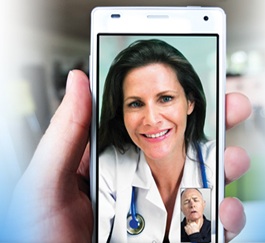
Carena provides virtual visits to employees of self-insured companies and patients in specific hospital systems, including Franciscan. Carena’s staff includes board-certified physicians that can listen to complaints, make diagnoses and even prescribe medication over the phone or Skype. Carena staff are equipped to deal with minor urgent care ailments like upper respiratory infections or urinary tract infections.
Up until September 2013, Carena only offered virtual visits to employees of self-insured companies, but since then they've started working with health systems too.
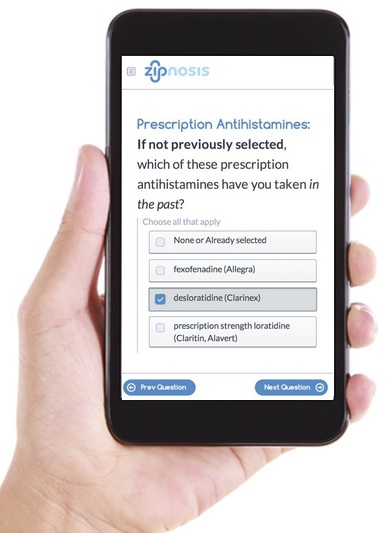
Minneapolis-based telemedicine startup Zipnosis has been quietly setting up its online telemedicine service since 2010. The company describes itself as providing a low-cost, online service for people to get diagnoses and prescriptions for some of the most common and addressable ailments. Zipnosis doesn’t offer physician visits by video or phone, but instead relies entirely on text- and image-based to treat simple ailments like bronchitis or pink eye. Patients pay $25 per “visit”.
In March 2014, Zipnosis announced it would begin working with other provider partners, starting with the University of Alabama-Birmingham Health System this summer.
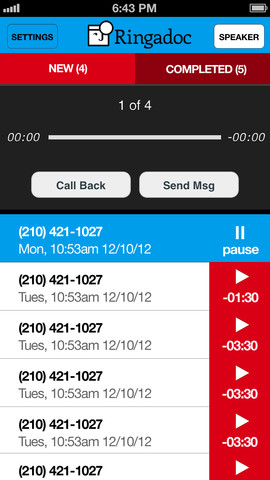
In 2011, Ringadoc launched with plans to offer a patient facing app, which enabled patients to record video messages ahead of a virtual visit with a new physician, but after a few years they re-focused on improving after hour phone consultations for patients and physicians.
Ringadoc connects patients to doctors if they want to avoid using their physicians' call system. Others who don’t have a physician might also be able to use the service to help them decide whether they should go to the emergency room, the urgent care center, or whether the issue might be handled over the phone. Pricing for Ringadoc starts at $69 per month with one provider for unlimited calls and messages.
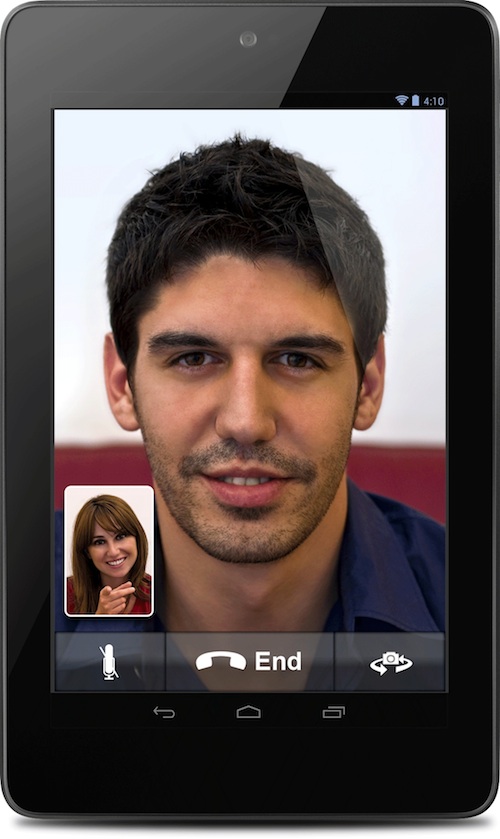
PlushCare is an app-based system that lets users email, call and video chat with doctors for a subscription fee. The service is not meant to be a replacement for having a primary physician, but doctors accessible through the app will diagnose, recommend treatment and (depending on the state) prescribe medication for non-emergency medical issues including cold and flu symptoms, bronchitis, allergies, poison ivy, pink eye, urinary tract infections, and respiratory infections. If users don’t have a primary care provider, PlushCare’s physicians will help them find and book an appointment covered by their insurance plan. Physicians will also offer specialist referrals and order lab tests.
In February, the company launched an Indiegogo campaign and beat its goal of raising $25,000.

This service was launched after MeVisit's CEO Dr. William “Chuck” Thornbury conducted a two year study on how to create a simple e-visit offering that meets demands of physicians and patients while still cutting costs. His solution was a system in which patients could log in to a MeVisit account from their mobile device to connect with their primary physician. Before connecting, patients review their medical history for changes, confirm the availability of their medical provider, and submit the payment. While video visits were the initial idea, Thornbury found that both patients and physicians typically didn't need a video connection.
The cost of the e-visit varies because the provider sets the pricing.
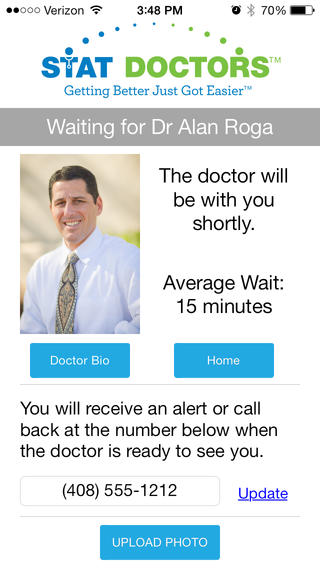
Stat Doctors helps patients contact doctors about medical questions 24-7. To use the service, patients who are eligible through their employer or small insurance carrier set up an account on the website and fill out their medical history. After registering, they can connect to a board-certified, practicing ER physician using a smartphone app, through a web portal, or via a phone call. Average wait times to see a Stat Doctors physician is 10 minutes, according to the company. When applicable, the doctor can provide a patient with a prescription, too.
The company believes that its service will help keep patients who just have quick questions out of the emergency room. Some Stat Health customers include the Arizona Small Business Association, Scottsdale Healthcare, and MagnaCare.

MDLive offers telehealth services including patient-to-physician remote visits via mobile devices. Patients can talk to physicians via email, video chat, or phone conversation.
In April 2013, MDLive inked a deal with Cigna that would equip some of its health plan members through self-insured employers access to online video, telephone or email consultations with the over 2,000 physicians that were in MDLive’s network at the time. These remote visits would be for colds, the flu, rashes, sinus issues or headaches for children and adults. The Cigna deal is set to officially launch this year.
Last January, MDLive raised $23.6 million in a round led by Heritage Group with participation from Sutter Health and Kayne Anderson Capital Advisors. Sutter Health is a strategic investor.
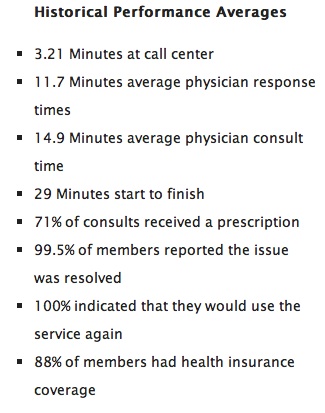 iSelectMD's service by the numbers.
iSelectMD's service by the numbers.
iSelectMD, which was founded in 2010, offers patients access to about 200 physicians who are licensed to practice in seven different states in the US. The physicians field phone calls 24 hours a day from people in need of medical care for non-emergency care, including flu, allergies, respiratory infections, bronchitis, and ear and urinary tract infections. iSelectMD enables patients to connect to doctors via phone calls, bi-directional video, or email.
In February 2014, Cellular One, a mobile phone service brand that operates in various rural markets across the US, launched a partnership with iSelectMD to offer its subscribers in Texas and Louisiana on demand, mobile phone-based video visits and calls with physicians.
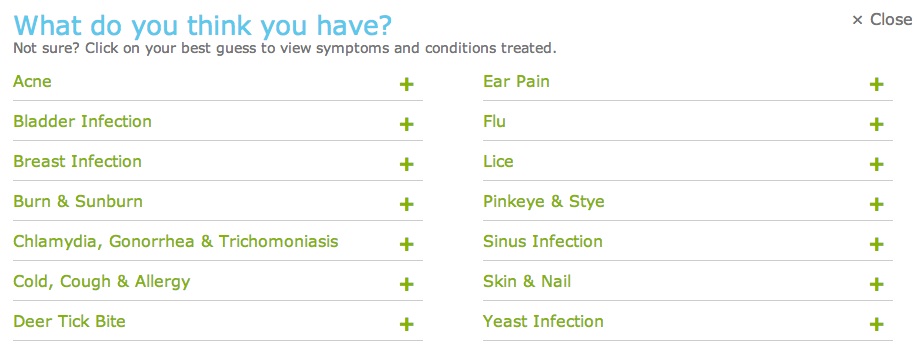
With Virtuwell, patients can get treatment plans from nurse practitioners in 30 minutes or less. Patients pick the condition they think they have from a list Virtuwell offers. Then, they confirm their medical history and pay however much is required to get the plan. All services through Virtuwell cost $45 or less depending on the user's insurance.
The company also offers plans for employers and health plans.
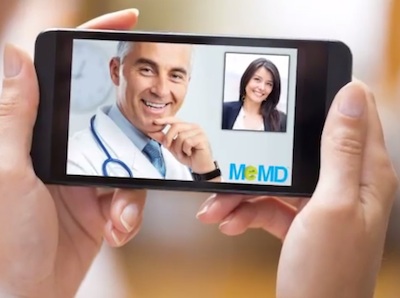
Patients can use MeMD to video chat with doctors about minor ailments. Users just need to make an account on the website and request to talk to a physician. After the consultation, patients receive a treatment plan and a prescription if it is necessary. MeMD also offers corporate, institutional and health plan partnerships.
The company launched an Indiegogo campaign in April to raise awareness about the service and develop a mental health portal. With 16 days left in the campaign, MeMD has raised $688 of its $250,000 goal.

Doctor on Demand offers patients a portal from which to connect to physicians and is available on iOS and Android platforms. Each video call, which costs $40, can be paid for with a credit card, a health care spending account, or flexible spending account, and the service is available in 15 states: California, Florida, Georgia, Illinois, Indiana, Michigan, Mississippi, New Jersey, New York, North Carolina, Ohio, Pennsylvania, Texas, Virginia and Washington.
Patients are encouraged to use the app for “non-emergent clinical issues” that do not require imaging services, such as common colds, rashes, eye problems, common prescription refill requests and muscle or sport injuries.














